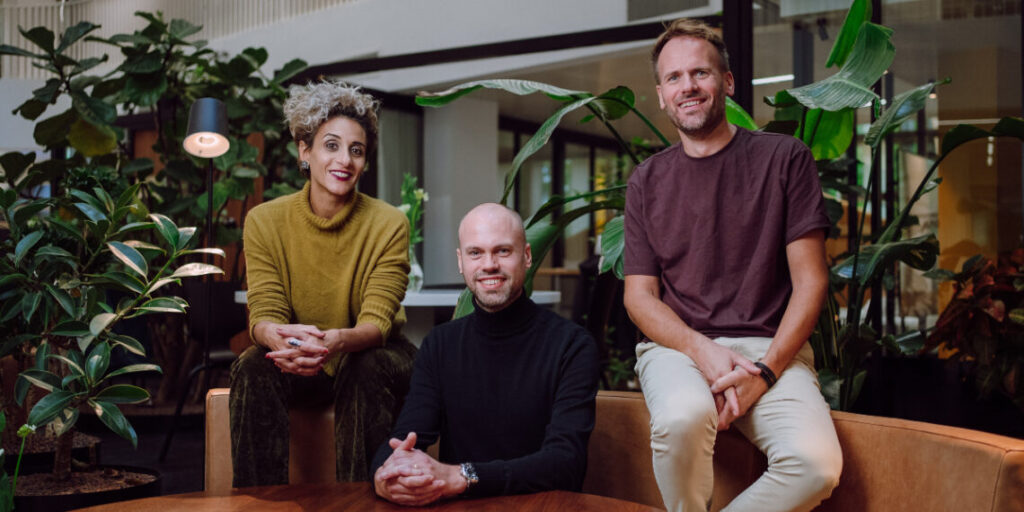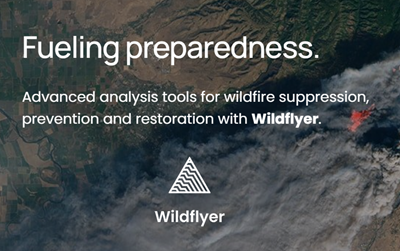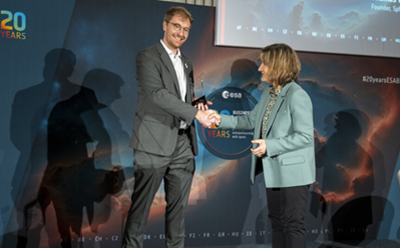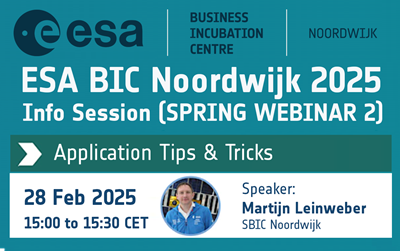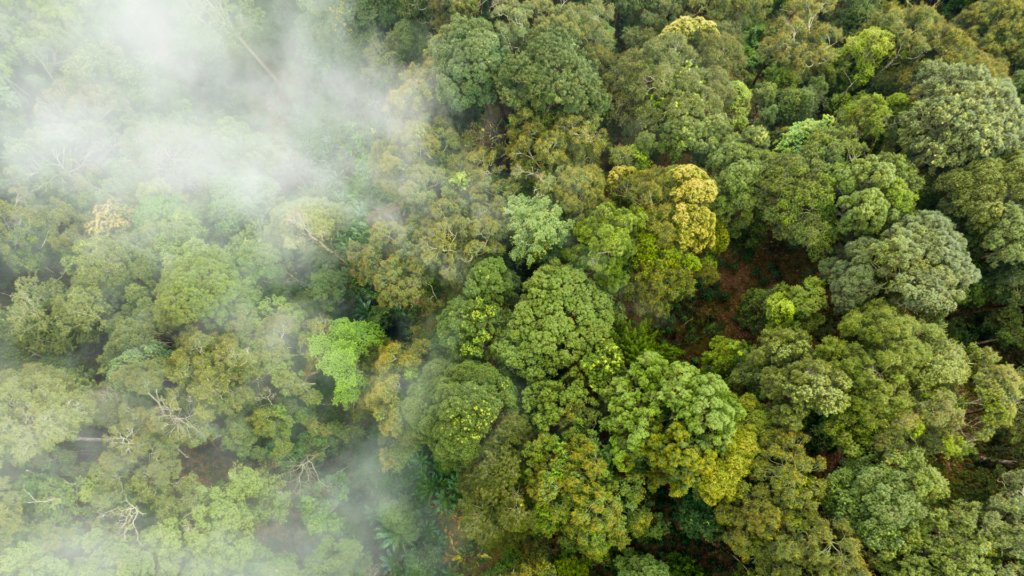
Carble, one of the companies in the ESA BIC Noordwijk programme, is countering tropical forest loss with Earth observation. Earlier this month, Carble secured €300K of funding in a round led by Antler, a global early-stage venture capital investor that has already helped over 600 startups across various industries and technologies. The company now aims to launch its technology in the market and expand its operations.
From November 6–18, the United Nations annual Climate Change Conference (COP27) was held in Egypt. Government ministers and negotiators from nearly 200 countries came together to take action towards achieving the world’s collective climate goals. Next to the renewable energy transition, deforestation remains one of the biggest global challenges. Last year’s Intergovernmental Panel on Climate Change (IPCC) report indicated that ending tropical deforestation is the second most impactful intervention to reduce climate change. One powerful tool that can help protect forests is satellite remote sensing.
Tropical forest loss is the main driver of the high carbon footprint of commodities like coffee, cocoa, tea and rubber. Carble has found a way to steer the industry towards storing more carbon. The company combines satellite imagery containing information on carbon storage in agroforestry farms, with a machine learning algorithm to process the data. The outcome can then be presented to tropical commodity buyers like coffee and cocoa brands in an actionable format so they can reward deforestation-free farming at scale. This is not only beneficial for farmers, but also in the best interest of brands because it allows them to decarbonise their own supply chain.
Small-scale farmers grow coffee under the shade of the forest canopy and without the use of chemical fertilisers. It is estimated that a hectare of a shade-grown coffee farm can sequester 70–80 tonnes of carbon per hectare, which is more or less equivalent to the carbon stored in an equal area of forest. The problem is that these small-scale farmers cannot compete with the more productive industrial farms, which have a massive carbon footprint. Carble aims to address this market failure by rewarding farmers for the carbon they store. Instead of cutting forests and switching to industrial farming or other crops, coffee brands can reward farmers and report on the reduction of carbon emissions.
Ultimately, the solution allows major brands to reduce their negative impact on the climate, but also contributes to reducing poverty in tropical commodity farmers by financially compensating them for preventing deforestation. Carble’s platform aims to help the world avoid 1000 megatonnes of CO₂ emissions by 2035 – equivalent to the emissions caused by the whole aviation industry in 2020. By reducing deforestation on the one hand and addressing poverty amongst farmers on the other, the company aims to make a social and environmental impact across the tropical commodity industry.
For more information, visit: carble.co
